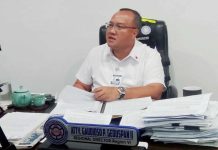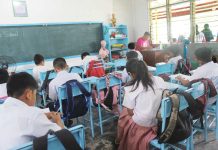
WHILE Western Visayas can take comfort in its high basic literacy rate — with nearly nine out of 10 residents able to read, write, and perform basic arithmetic — the region’s functional literacy rate tells a more sobering story. The latest Functional Literacy, Education, and Mass Media Survey (FLEMMS) reveals that only 70.6% of residents possess the ability to comprehend, analyze, and apply information — skills essential for meaningful participation in work, community, and daily life.
This gap threatens to undermine the region’s long-term development. Without functional literacy, individuals struggle with tasks as basic as interpreting job instructions, understanding government policies, managing personal finances, or participating in democratic processes. In the workplace, this deficit limits productivity and employability. In public life, it weakens civic engagement and informed decision-making. At the household level, it affects parenting, health decisions, and even disaster preparedness.
Most alarming is that Iloilo Province — the most populous in the region — posted the lowest functional literacy rate at 68.4%, further widening the inequality between urban centers and rural areas. This disparity points to a more serious matter: education systems that emphasize rote learning over comprehension, and assessment frameworks that reward memorization rather than problem-solving.
Local government units, educational institutions, and non-governmental organizations should seriously treat functional illiteracy not as a peripheral concern but as a central obstacle to progress. Programs that develop reading comprehension, critical thinking, and communication skills must be integrated into both formal and non-formal education. Adult learners, especially, should be given access to community-based literacy and lifelong learning initiatives, particularly in low-income and remote communities.
The region’s economic ambitions — from boosting tourism to attracting investors and growing the digital economy — will falter unless its people are equipped to adapt, analyze, and communicate effectively. Functional literacy is not merely a personal asset; it is a public good. And unless we act decisively, the gap between potential and reality in Western Visayas will only grow wider.







